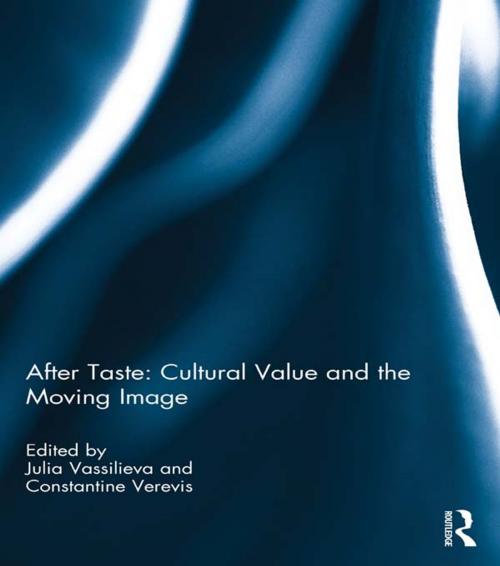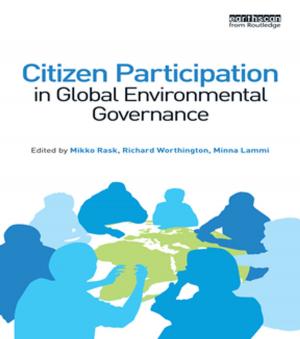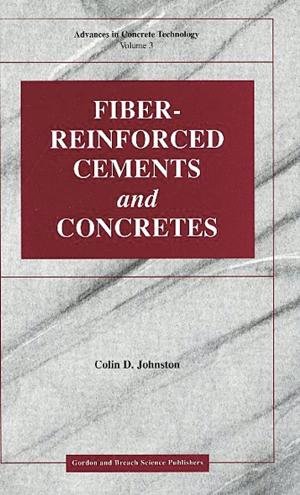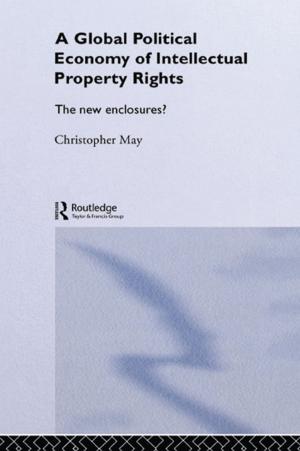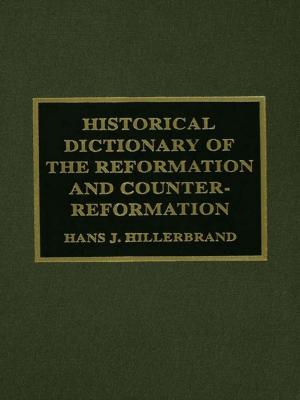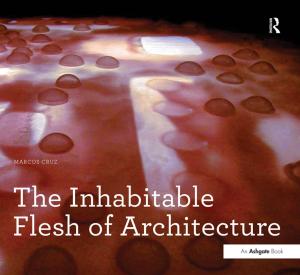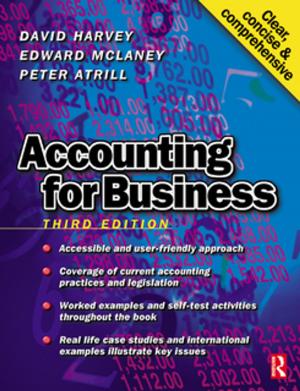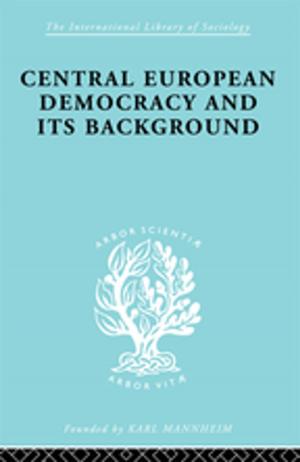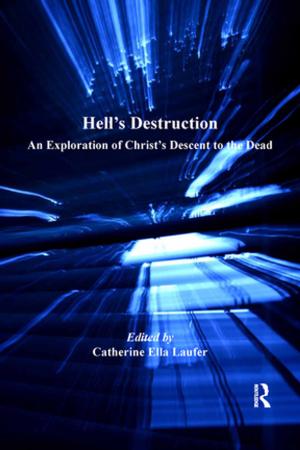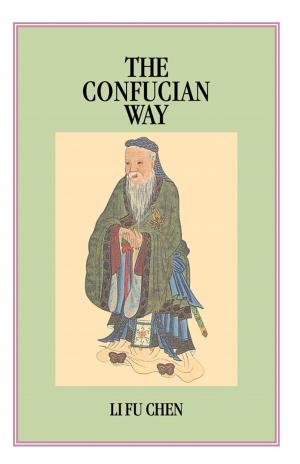After Taste: Cultural Value and the Moving Image
Nonfiction, Social & Cultural Studies, Social Science| Author: | ISBN: | 9781317984689 | |
| Publisher: | Taylor and Francis | Publication: | January 2, 2014 |
| Imprint: | Routledge | Language: | English |
| Author: | |
| ISBN: | 9781317984689 |
| Publisher: | Taylor and Francis |
| Publication: | January 2, 2014 |
| Imprint: | Routledge |
| Language: | English |
In the wake of the debates over high/low culture distinction spilling into the effective dismantling of the boundary that once separated them, the past decade has seen the explosion of ‘bad taste’ production on screen. Starting with paracinema or ‘badfilm’ – a movement that has grown up around sleazy, excessive, or poorly executed B-movies and has come to encompass disreputable and unworthy films – this trend has been evident in various formats: on television and in video-art, low-budget and straight to TV films, amateur and home movies. The proliferation of trash on screen can be seen as delivering the final blow to the vexed issue of taste.
More importantly, it prompts a reconsideration of some critical issues surrounding production, circulation, understanding and teaching of ‘bad objects’ in the media. This collection of essays, written by international film and television scholars, provides detailed critical analysis of the issues surrounding judgements of cultural value and taste, feeling and affect, cultural morals and politics, research methodologies and teaching strategies in the new landscape of ‘after taste’ media. Addressing global and local developments – from global Hollywood to Australian indigenous film and television, through auteurs Sergei Eisenstein to Jerry Bruckheimer, on to examples such as Twilight to Sukiyaki Western Django – the essays in this book offer a range of critical tools for understanding the recent shifts affecting cultural, aesthetic and political value of the moving image.
This book was originally published as a special issue of Continuum: Journal of Media & Cultural Studies.
In the wake of the debates over high/low culture distinction spilling into the effective dismantling of the boundary that once separated them, the past decade has seen the explosion of ‘bad taste’ production on screen. Starting with paracinema or ‘badfilm’ – a movement that has grown up around sleazy, excessive, or poorly executed B-movies and has come to encompass disreputable and unworthy films – this trend has been evident in various formats: on television and in video-art, low-budget and straight to TV films, amateur and home movies. The proliferation of trash on screen can be seen as delivering the final blow to the vexed issue of taste.
More importantly, it prompts a reconsideration of some critical issues surrounding production, circulation, understanding and teaching of ‘bad objects’ in the media. This collection of essays, written by international film and television scholars, provides detailed critical analysis of the issues surrounding judgements of cultural value and taste, feeling and affect, cultural morals and politics, research methodologies and teaching strategies in the new landscape of ‘after taste’ media. Addressing global and local developments – from global Hollywood to Australian indigenous film and television, through auteurs Sergei Eisenstein to Jerry Bruckheimer, on to examples such as Twilight to Sukiyaki Western Django – the essays in this book offer a range of critical tools for understanding the recent shifts affecting cultural, aesthetic and political value of the moving image.
This book was originally published as a special issue of Continuum: Journal of Media & Cultural Studies.
